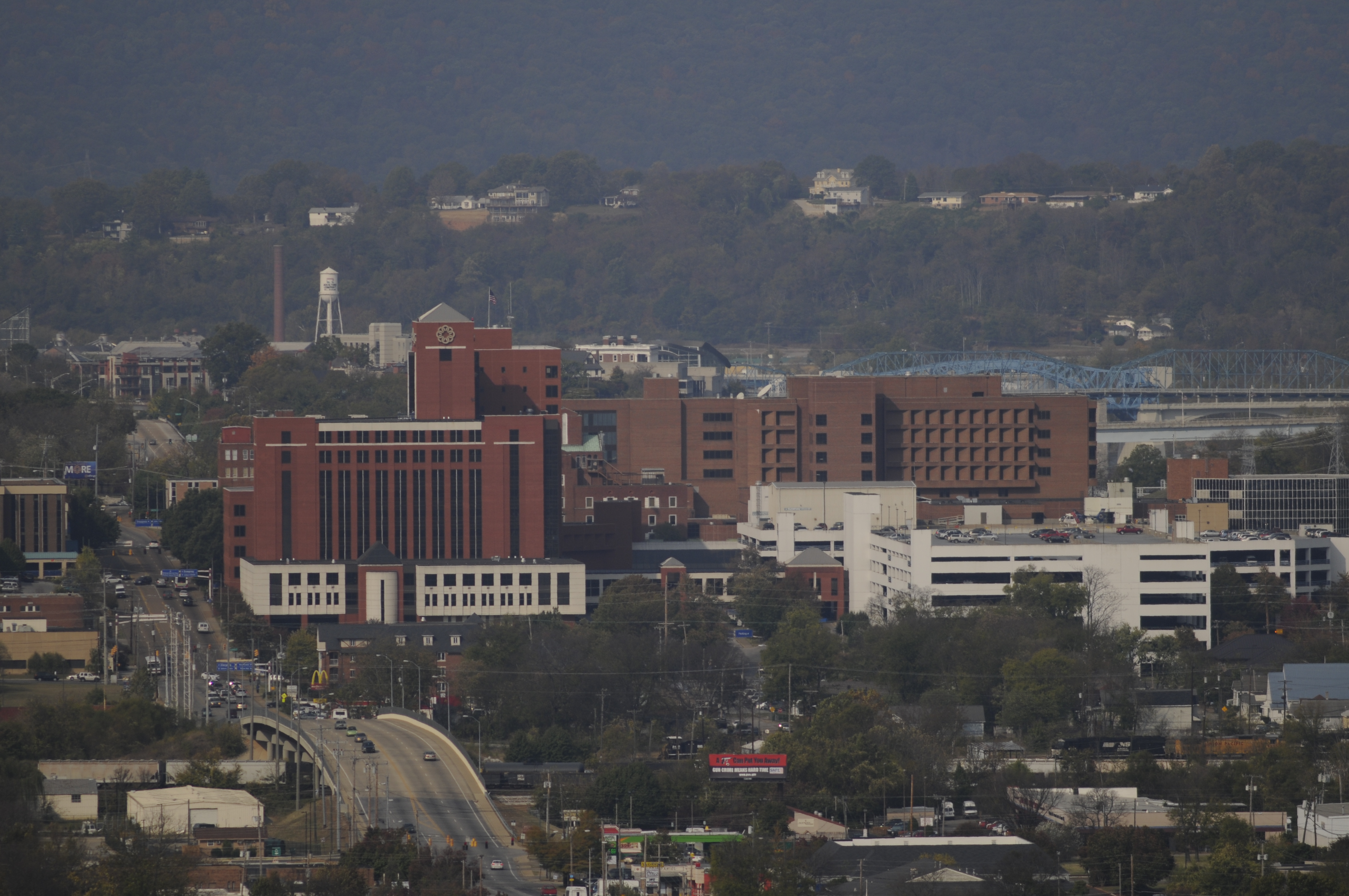After a whirlwind week of meetings with state and federal officials, Erlanger Health System leaders say they are rethinking priorities for the struggling public hospital's immediate future while remaining "optimistic" about gaining new sources of funding.
Erlanger CEO Kevin Spiegel began the week in Washington, D.C., and ended it in Nashville, where he met with state legislators.
In the middle of the week, Erlanger and legislators announced they would delay a bill that would have allowed the hospital to gain 501(c)3 status.
The decision was made by both hospital executives and members of the Hamilton County legislative delegation, who agreed that the bill was proving to be a distraction amidst Erlanger's efforts to "get its finances in line."
"I think it was confusing for a lot of people who thought this bill was going to get us there [financially]," said Spiegel. "But that's not what it's for. It's not going to bring any money to Erlanger right now."
The bill would allow Erlanger to "modernize" its governance structure, something Spiegel said the hospital still needs to do. But if passed, it would still take a year to get new bylaws and procedures approved, something hospital officials do not have time to focus on, given current efforts to turn around the hospital's finances, the CEO said.
As of February, the hospital was $3.8 million in the red. Earlier this month, Erlanger leaders froze its estimated 4,000 employees' vacation time in efforts to save enough money to meet its bond covenants, they said.
In a recent editorial board meeting with the Times Free Press, Spiegel acknowledged the hospital may have too many irons in the fire with all it is trying to accomplish this spring.
"I think we are maybe trying to do too much at one time," he said.
Putting the 501(c)3 bill on the back burner may allow state lawmakers and hospital leadership to devote more energy to gaining access to two significant federal funding pools -- the key reason for Spiegel's visit to the nation's capital last week with leaders from Tenn-Care and state medical associations.
One fund, the Public Hospital Supplemental Payment Pool, could bring $30 million to the hospital if its requests are granted.
The group in D.C. also requested the restoration of money for safety net care, called the "disproportionate share fund," to Tennessee -- which is the only state that did not have that money granted this year after the bill to renew it got stuck in congressional deadlock last fall.
That fund could bring $8.5 million back to Erlanger, officials say.
The group brought its concerns to leaders with the U.S. Centers for Medicare and Medicaid Services on Tuesday, said Dr. Chris Young, president of the Tennessee Medical Association and an Erlanger physician, who participated in the meeting.
"We were told that we made a compelling case for Erlanger," Young said. "It is in their hands now."
Spiegel said he will meet with Tennessee congressional leaders about the issue while he waits on the federal government's response.
"They didn't give us a timeframe other than 'soon,'" Spiegel said. "But I am optimistic."
Contact staff writer Kate Harrison at kharrison @timesfreepress.com or 423-757-6673.

